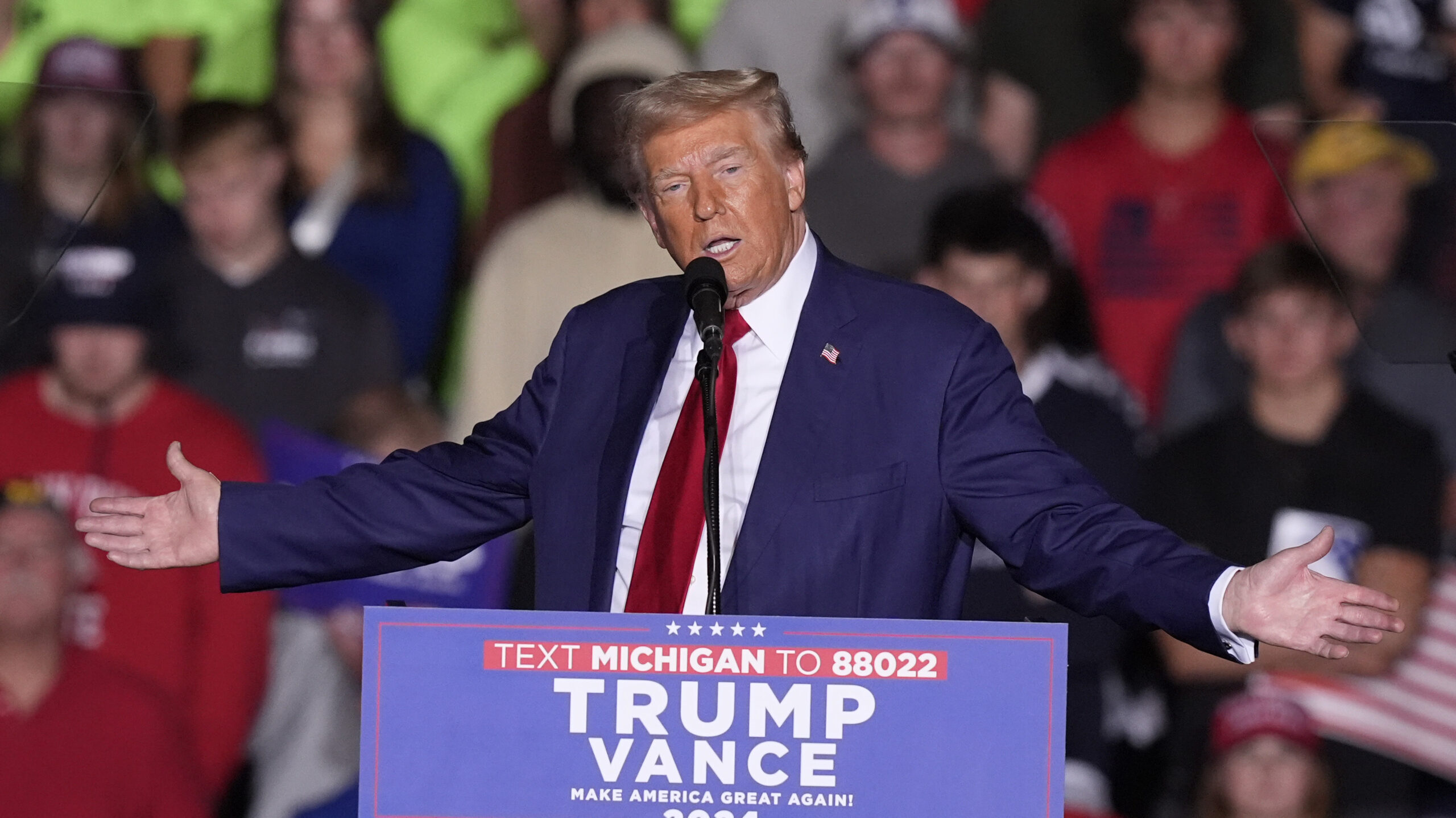|
Getting your Trinity Audio player ready...
|
It is no secret that the Yellowhammer State has been ruby-red for decades. With his decisive 2024 win, however, Donald Trump turned it into an especially full-bodied merlot, securing 64.8 percent of the vote to Kamala Harris’ 34.2 percent. This is not just a nearly three-point improvement on his performances against both Joe Biden and Hillary Clinton; it is also the highest margin of victory in Alabama since Richard Nixon’s 1972 landslide.
If you want to know why, you will need to look back to Bill Clinton — the last Democrat to come within 10 points of winning Alabama. During the 1992 race, Clinton’s campaign manager James Carville coined the phrase, “It’s the economy, stupid!” Sometimes, politics really is that simple. The faster the price of milk rises relative to your paycheck, the more likely you are to vote out the people in charge.
Joe Biden has overseen an average year-over-year inflation rate of 5.2 percent — the highest of any president in the past 40 years. On his watch, 12-month inflation peaked at over nine percent in 2022 before falling to 2.6 percent in the most recent report. Of course, that does not mean prices are going back down. It just means they are going up more slowly. Meanwhile, wages have failed to keep up.
These burdens fell disproportionately on Alabamians. A report by National Business Capital ranked Alabama 15th on its list of states most affected by inflation. Another study returned even bleaker results. The Household Pulse Survey, conducted between August and September, found that 41 percent of Alabama households had trouble covering expenses in the week prior to being surveyed. Only two states — Kentucky and Wyoming — were worse off.
It’s no surprise that Trump voters in Alabama frequently cited the economy as their top concern. Not only was inflation much lower under Trump (averaging around two percent year over year), but wages consistently rose faster than prices. Harris made some attempts to empathize with Americans’ economic pain, but when she was part of the administration that drove up inflation with reckless government spending, it was hard to take her seriously. When she failed to name a single thing she’d have done differently than Biden, her electoral fate was sealed.
But Trump’s victory was based on more than just nostalgia for the pre-COVID economy.
One of the biggest economic pain points for Alabamians is healthcare, which has the second-worst healthcare market in the nation, with average per capita healthcare spending exceeding $10,000 per year and over half of that going to prescription drugs, the prices of which often continue to rise faster than inflation. On this issue, Trump emerged as the clear choice.
Harris undermined herself by pledging to continue Biden’s crackdown on PBMs, which are at the top of Big Pharma’s hit list. Countless Alabama businesses hire these cost-saving groups to negotiate better drug prices with the drug giants. Pharma doesn’t like this pricing pressure, of course, so it’s aggressively lobbying to chase them out of the marketplace. The Harris campaign took the drug lobbyists’ bait; the more consumer-focused Trump campaign did not.
This proved problematic for her in Alabama as this issue has been on Yellowhammer State voters’ radar for quite some time. In June, a coalition of Alabama employers even wrote a letter to Congress expressing concern about PBM regulations, stating, “Our ability to offer quality, competitive coverage, and continue to rely on significant savings hangs in the balance.” These voters perceived Harris’ stand against PBMs as siding with lobbyists instead of healthcare consumers.
Indeed, Kamala spent much of her campaign on the defensive when it came to healthcare.
Aside from the issue of PBMs, voters never really believed that she no longer supported Medicare-for-All, while Trump hammered her for spending federal funds on sex changes for illegal immigrants. Trump, on the other hand, played things smart. He declined to align the national party behind the Alabama Supreme Court’s IVF ruling. He avoided unpopular positions like reforming entitlement programs or eliminating the most popular parts of Obamacare and instead focused on increasing competition and price transparency. By aligning himself with Robert F. Kennedy Jr., he convinced voters that he was the candidate most likely to stand up to Big Pharma and the public health establishment. After years of COVID tyranny, that’s exactly what voters demanded.
In the end, it was painfully obvious to Alabamians which candidate would put more money back in their pockets. For the first time since Grover Cleveland ran in 1892, voters got the chance to compare two administrations and ask themselves which one left them better off. In Alabama, and across the country, they delivered a clear and resounding verdict.
Eric Hare is CEO of Global K9 Protection Group, based in Opelika, Alabama.



















































